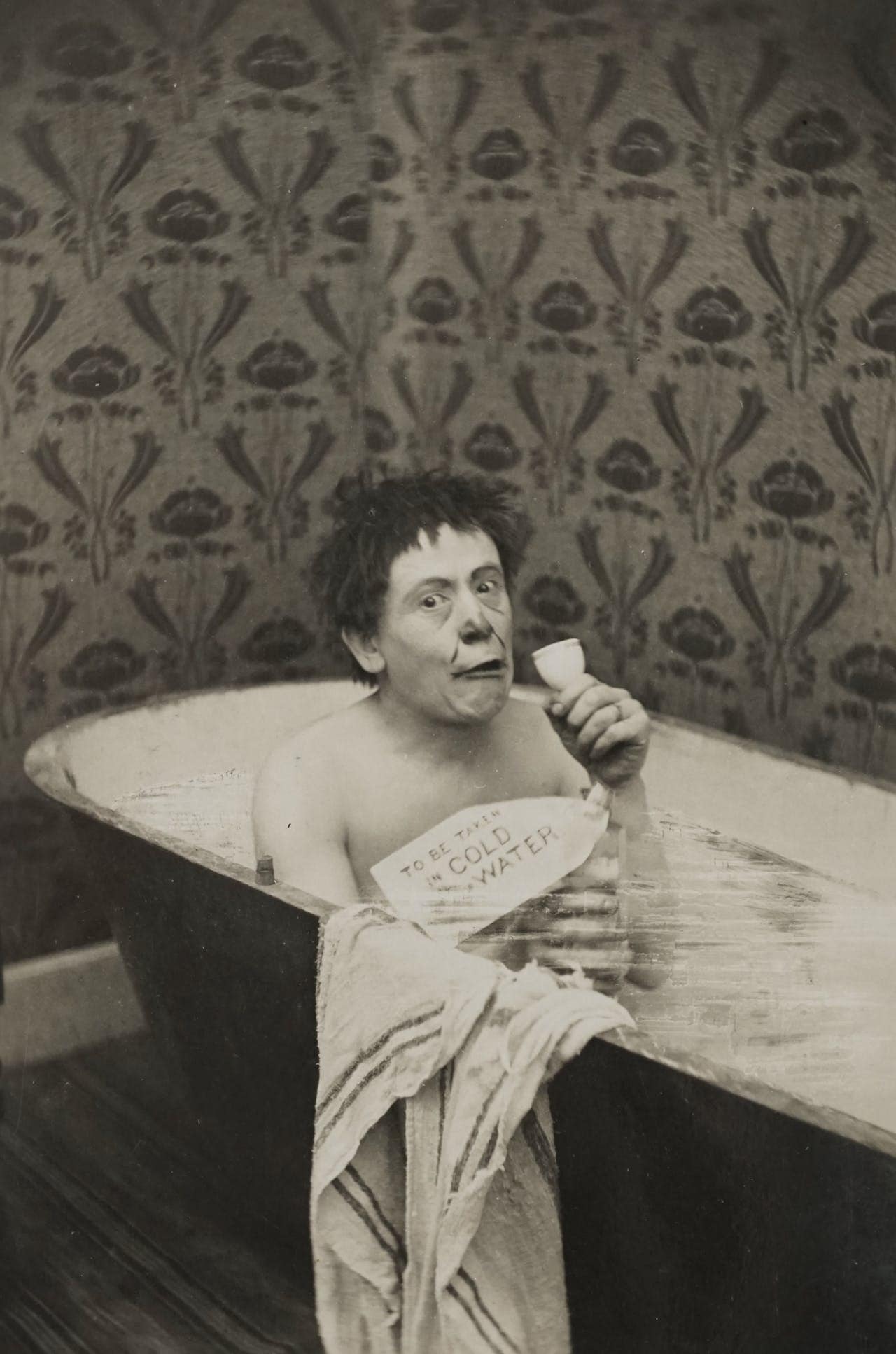When it comes to comedy, there’s no such thing as a rulebook. After all, humour is perhaps one of the most subjective art forms on the planet; what might be hilarious and boundary-pushing for one person could simply be considered crude and crass for another. However, when it comes to black comedy, you might want to tread carefully around certain subjects; while exploring taboo topics and creating discomfort can shine light on social problems and create debate, you could end up with an unhappy audience to contend with.
So, what actually is black comedy, and how do you master it? Let’s take a look.
Historical Roots of Dark Comedy
While we might consider ‘dark humour’ to be the product of social media and modernism, black comedy is not a new phenomenon, with roots tracing back to ancient Greek philosophers like Aristophanes. While the term ‘dark humour’ was first coined in the 1940s to describe the cynical writings of Jonathan Swift, it’s used today to describe any form of comedy that might touch upon taboo subjects, or make daring jokes. You might also see black comedy referred to as dark humour or gallows humour.
And from TV shows to standup comedy, the appeal of dark humour has rarely wavered in the modern era; Brits have been particularly adept at producing iconic black comedies, from television series like “Blackadder” to films like “Four Lions” – and you’re sure to find an edgy comedian in a London comedy club on a busy Saturday night. The US, on the other hand, has produced edgy comedians like George Carlin and Daniel Tosh, who often take social issues and spin them into a masterclass of wince-worthy – but funny – dark comedy.
Key Characteristics of Black Comedy
So, when can comedy be officially considered dark humour? Here are some key factors:
Dark Humor and Taboos
The core of black comedy lies in its exploration of taboos. Whether it’s death, mental health, or societal collapse, dark humour bravely ventures where other genres might fear to tread, extracting humour from the very topics we often shy away from. What’s great about laughter is that it’s often involuntary; this means that creating the right delicate balance between edgy and funny – when struck right – offers a cathartic release for the audience.
Satire and Social Commentary
Another key element of black comedy is its social purpose; it often serves as a mirror to ongoing and current societal problems, reflecting its flaws and idiosyncrasies through satire. One recent example of this is Dave Chappelle’s Netflix special, which drew equal parts parise and equal parts criticism for the comedian’s discussion of transgender issues.
In fact, the social commentary aspect of comedy is what truly gives it value; while one common criticism of black comedy is that it’s “lazy”, dark humour done right can offer a critical commentary on pressing issues, which lends dark comedy its depth.
Subversive and Thought-Provoking
Another standout feature of black humour is its ability to subvert expectations; instead of following conventional comedic formulas, it surprises and challenges audiences, often by presenting familiar scenarios with a twisted outcome. This is also known as “shock value comedy”, which is both revered and detested.
How to Approach Dark Comedy Effectively
So, while there’s no dark comedy rulebook, how do you approach dark humour effectively? Here are a couple of rules-of-thumb to keep in mind:
Pushing Boundaries Responsibly
Mastering black comedy requires walking a fine line between being provocative and respectful. The principle of “punching up” versus “punching down” is central in this regard; While “punching up” means making jokes that challenge the powerful or dominant groups, “punching down” refers to targeting the vulnerable or marginalised. Responsible black comedy tends to punch up, challenging societal norms and the powerful without demeaning those who already face adversity.
Addressing Controversial Topics
While black comedy thrives on controversy, it’s crucial to approach sensitive subjects with nuance and understanding. When treading into topics like race, gender, or mental health, the intent should be to shine a light on societal issues or absurdities rather than trivialise genuine struggles or suffering. By being informed and empathetic, comedians can use dark humour to instigate important conversations, rather than just provoke for the sake of provocation.
Dealing with Audience Reactions
When performing black comedy, it’s important to note that not every joke will resonate, and not every audience will react the same way. Given the nature of dark humour, it’s inevitable that some members of the audience might feel uncomfortable or even offended, so it’s essential for comedians to be prepared for this. Engaging in post-show discussions, being receptive to feedback, and continuously refining one’s material based on such interactions can make all the difference. At the end of the day it’s about creating a dialogue, where both the comedian and the audience learn and grow.



